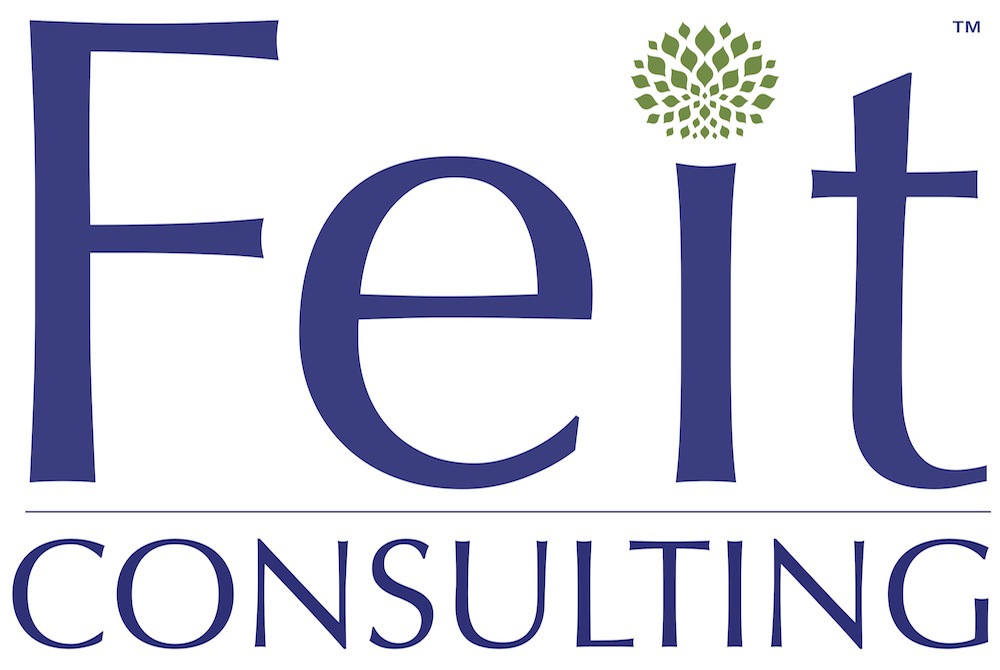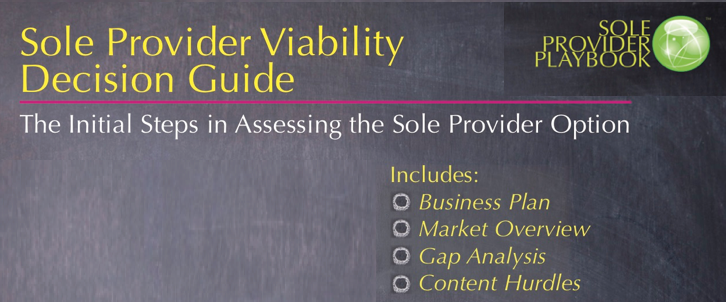
Leverage in Contract Negotiations
By Michael Feit | Feit Consulting , Resources
What leverage does your firm have going into contract negotiations?
Many firms wait until around three months prior for legal information contract expiration to come top of mind. However, if a firm can allocate more time for planning and evaluating its legal information resources’ value, the extra time creates a huge leverage for the firm. Firms that obtain market knowledge to compare their contract pricing, coupled with key metrics to assess contract resources’ value, will gain significant leverage in legal information contract negotiations.
Planning ahead with the right tools and knowledge is not only critical but absolutely necessary for success. Key leveraging points may include change in size of firm, ample time to make certain contracts co-terminus, firm-wide interest in the sole-provider option, usage and value of each legal information resource, to name a few. A multi-year plan allows one to know ahead of time what the firm’s goals are going into contract negotiations.
Feit Consulting’s latest report, Optimizing Legal Information Pricing, provides market intel to compare your firm’s contract pricing, as well as key leveraging points to utilize in your upcoming legal-information contract negotiation. This resource shares tactics to achieve optimization. It also shares how to optimize your legal-information pricing and terms with Lexis, Westlaw, Wolters Kluwer, BBNA, and other products.
Get ahead of the vendor’s strategy and timeline. Don’t wait to prepare. Optimizing Legal Information Pricing is a tool that will help your firm prepare in time with the essential leveraging tools to achieve success. Learn more here.






